



Accessories for medical device motherboards
Medical devices play a vital role in modern medical treatment, and the medical device motherboard, as one of its core components, consists of many accessories that work together to ensure the stable operation and precise function of the medical device. So, what are the medical device motherboard accessories?
First is the chipset. Chipset is the core component of the motherboard, which determines the performance and function of the motherboard. In medical device motherboards, the chipset needs to have a high degree of stability and reliability to ensure that the medical device can accurately collect, process and transmit medical data. For example, some high-end medical device motherboards may use chipsets specifically designed for medical applications, which have stronger anti-interference capabilities and higher data processing speeds to meet the needs of medical devices used in complex medical environments.
The Central Processing Unit (CPU) is also one of the most important accessories for medical device motherboards. the CPU is responsible for performing a variety of computational tasks and is the brain of the medical device. When choosing a CPU for a medical device motherboard, you need to consider factors such as its performance, power consumption and stability. Generally speaking, medical devices need to run stably for a long time, so the power consumption of the CPU should not be too high, so as not to generate too much heat to affect the stability of the device. At the same time, the performance of the CPU needs to be powerful enough to meet the needs of medical devices for data processing and calculation.
Memory is one of the indispensable parts of medical device motherboards. Memory is used to store running programs and data, and its capacity and speed directly affect the operating efficiency of medical devices. In medical devices, memory needs to have high-speed read/write capability and a large capacity to ensure that the medical device can quickly process large amounts of medical data. In addition, the stability of the memory is also very important because any memory failure can lead to malfunction or data loss in the medical device.
Storage devices are also one of the important accessories of medical device motherboards. Storage devices are used to store the medical device's operating system, applications, medical data, etc. When choosing a storage device, factors such as its capacity, speed and reliability need to be considered. Generally speaking, medical devices need to store a large amount of medical data, so the capacity of the storage device needs to be large enough. At the same time, the speed of the storage device needs to be fast enough to ensure that the medical device can read and write data quickly. In addition, the reliability of the storage device is also very important because any failure of the storage device may result in the loss of medical data.
In addition, medical device motherboards require various interfaces and slots for connecting other external devices. For example, USB ports, serial ports, parallel ports, and network ports are common types of interfaces. These interfaces can be used to connect external devices such as printers, scanners, monitors, etc., to enable data transfer and communication between the medical device and other devices. At the same time, medical device motherboards may also need some special slots, such as PCI slots, PCI-E slots, etc., for installing various expansion cards, such as graphics cards, sound cards, network cards, etc., to meet the different functional requirements of medical devices.
In short, there are many medical device motherboard accessories, each of which plays a vital role. When choosing medical device motherboard accessories, you need to consider performance, stability, reliability and other factors according to the specific needs of the medical device and the use of the environment in order to ensure that the medical device can run stably and efficiently, providing accurate and reliable support for medical diagnosis and treatment.

Please contact us if the source is mislabeled or violates your legal rights.
We will promptly correct and delete, thank you.
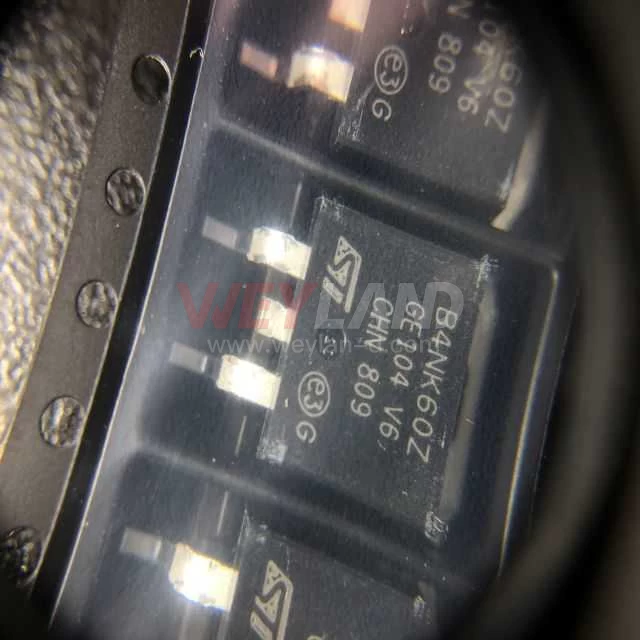

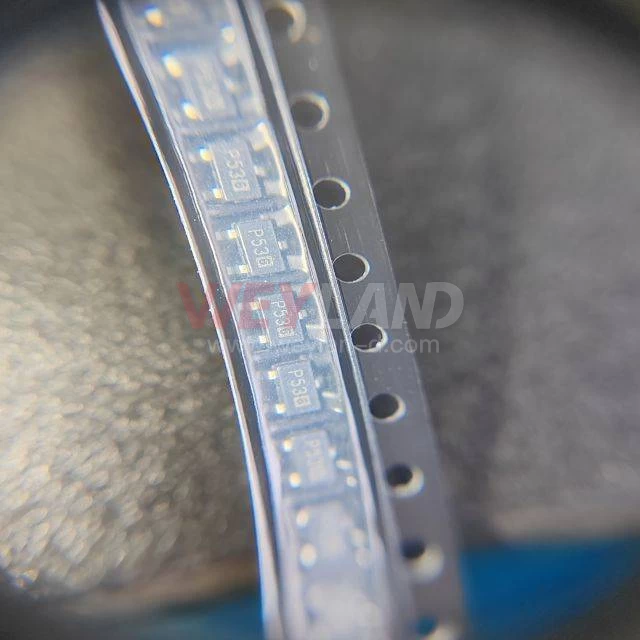
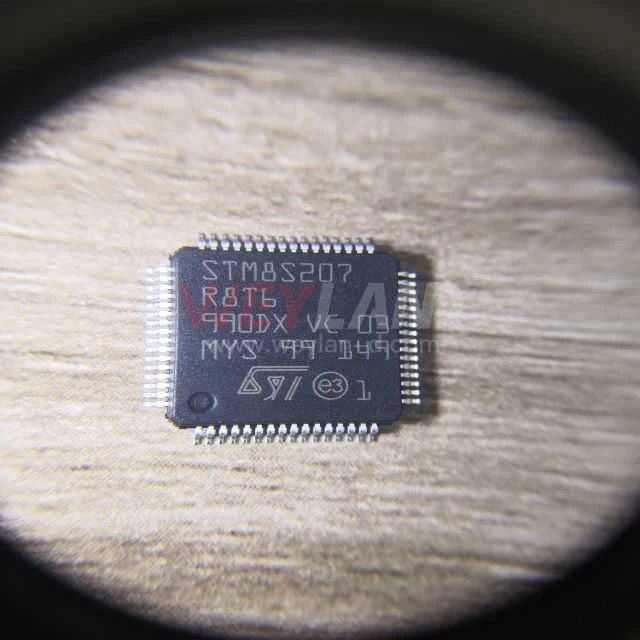
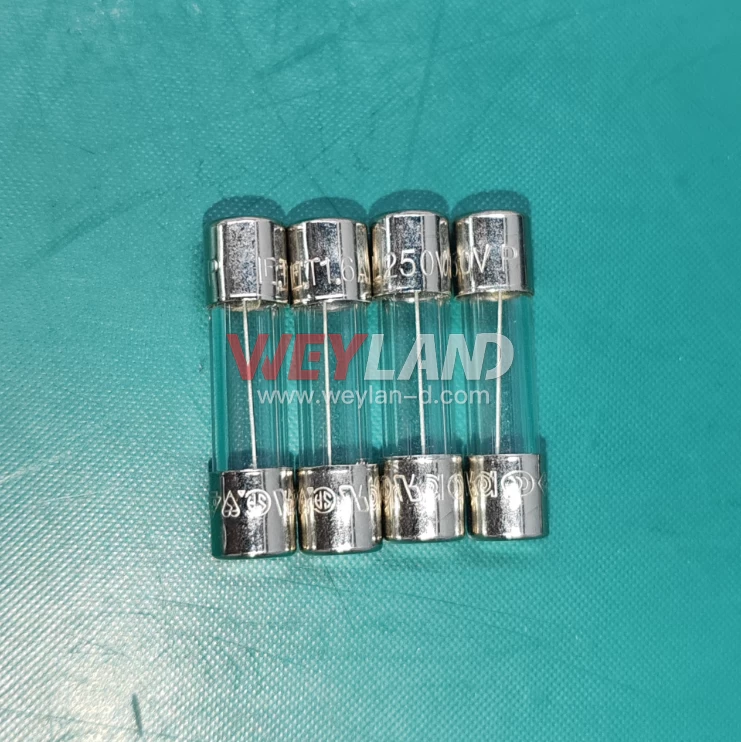
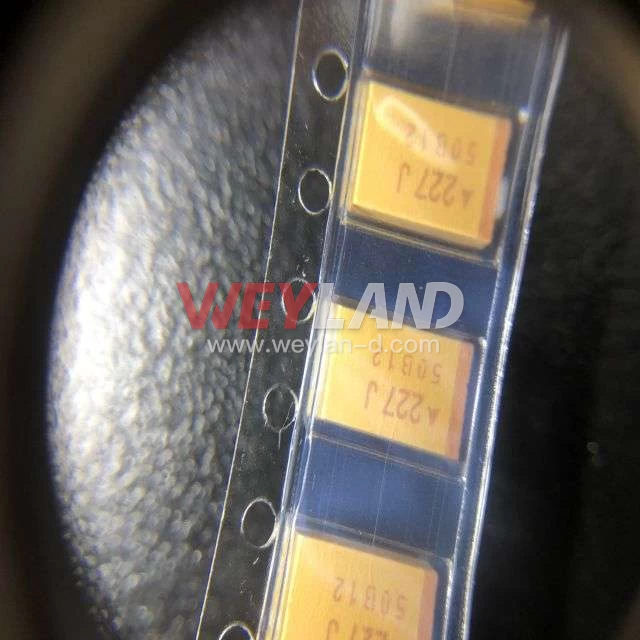

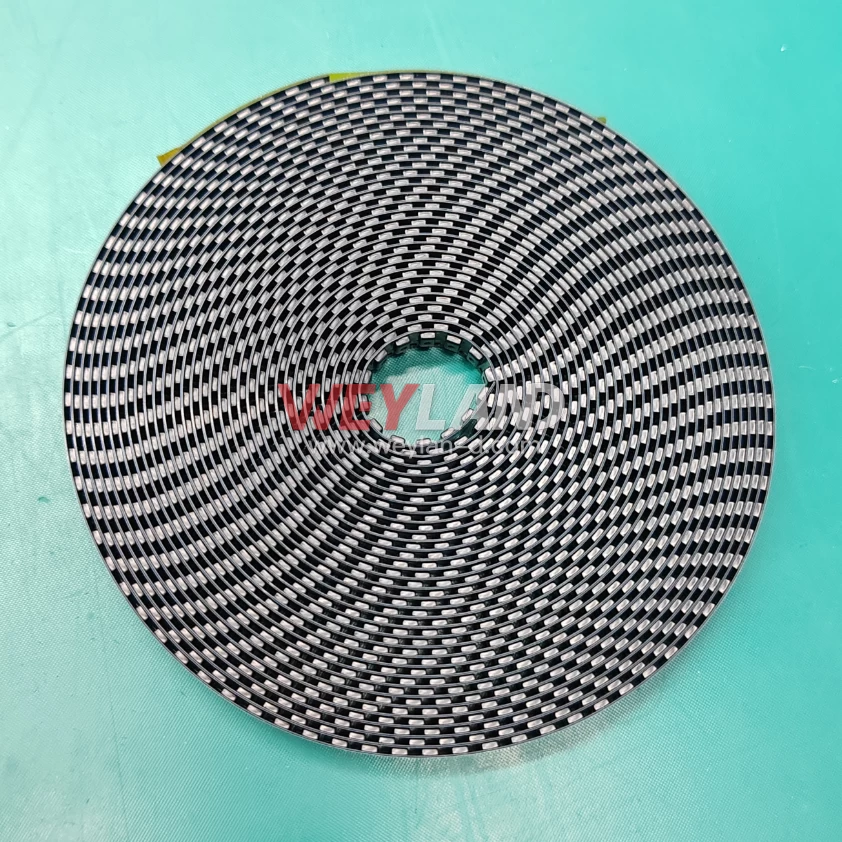
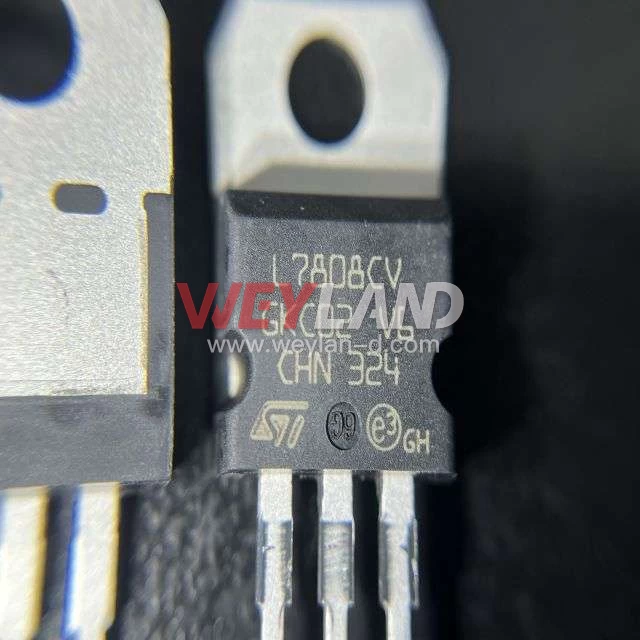

.9246509.png)


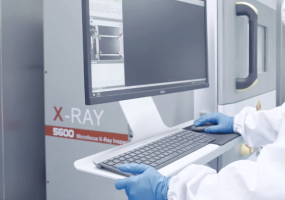
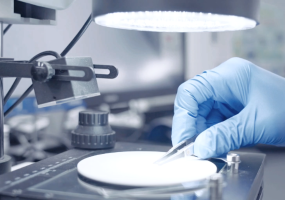
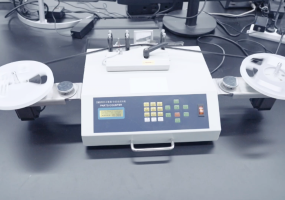







[email protected]
7500A BEACH ROAD #04-307 THE PLAZA SINGAPORE (199591)
RM 705.7/F.FA YUEN COMM BLDGNO.75-77.FA YUEN STREET.MONGKOK.KLN.HONG KONG
